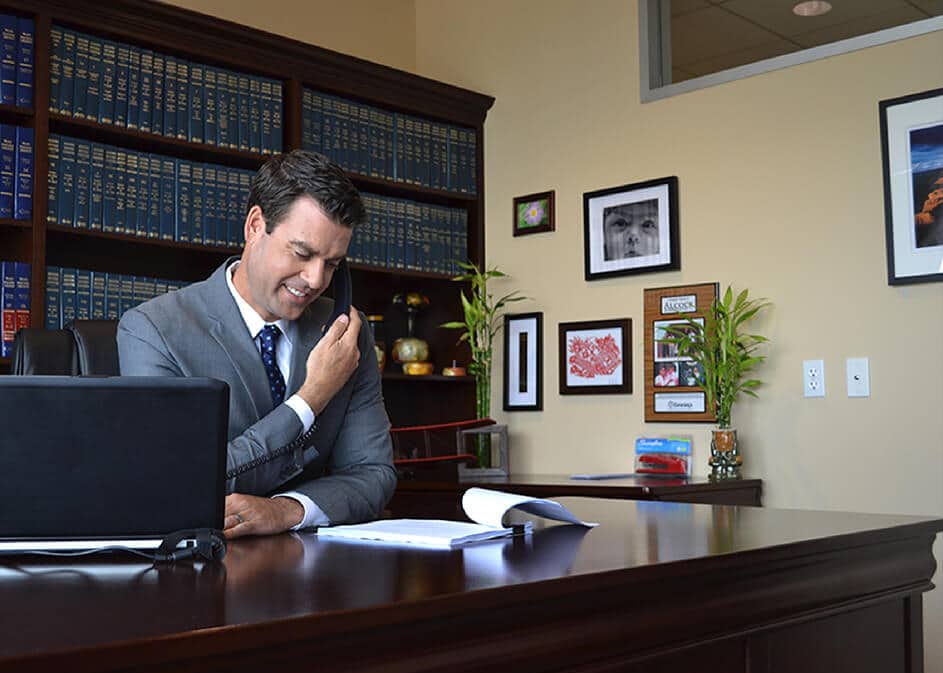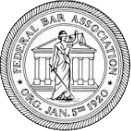Disorderly Conduct Class 1 Misdemeanor in Arizona

One of the first experiences that you have in law school is quite scary. Before the first class, you are told to read certain decisions from the past. The cases that the professors select are all designed to confuse the new students. They are also all selected to prove the point that the law itself is confusing. Professors make the law students stand up and answer questions before the whole class. After an hour or so of this, the students have learned their point.
25 years after my first law school class, the complexity and vagueness of the law continue to surprise me. Nowhere is it more apparent than in statutes such as Disorderly Conduct. To be fair, it is difficult to craft a law that defines what conduct is and is not permitted by society. Disorderly conduct is one of those types of offenses that is notoriously difficult to describe. It is, as a famous Supreme Court Justice once said, “something that you know when you see it.” But of course, no law could be written that way. Disorderly conduct is a short law. It hinges on several keywords. All of those words are broad, confusing and vague.
Disorderly conduct prohibits people from “disturbing” the peace, being “disruptive, unreasonably noisy, offensive, or making a protracted commotion.” These words are obviously subject to debate. Here’s the entire code. We will discuss further.
13-2904. Disorderly conduct in Arizona
A. A person commits disorderly conduct if, with intent to disturb the peace or quiet of a neighborhood, family or person, or with knowledge of doing so, such person:
- Engages in fighting, violent or seriously disruptive behavior; or
- Makes unreasonable noise; or
- Uses abusive or offensive language or gestures to any person present in a manner likely to provoke immediate physical retaliation by such person; or
- Makes any protracted commotion, utterance or display with the intent to prevent the transaction of the business of a lawful meeting, gathering or procession; or
- Refuses to obey a lawful order to disperse issued to maintain public safety in dangerous proximity to a fire, a hazard or any other emergency; or
- Recklessly handles, displays or discharges a deadly weapon or dangerous instrument.
B. Disorderly conduct under subsection A, paragraph 6 is a class 6 felony. Disorderly conduct under subsection A, paragraph 1, 2, 3, 4 or 5 is a class 1 misdemeanor.
As you can see, disorderly conduct is a law of “subjective interpretation.” There is a street preacher who routinely preaches in downtown Phoenix. He shouts his words and gesticulates wildly. Is he breaking the law? There have also been inebriated college students yelling and screaming at each other late in the evening on the same corner. When does their conduct reach the level of disruption? And as everyone knows, there aren’t a lot of people who live in downtown Phoenix. Is there anyone in the neighborhood there to be disturbed anyway?
These are the questions that law students and professors get to discuss in the protected environments of their lecture halls. The gritty reality of disorderly conduct is that it is a law that is almost always applied in an unfair manner. The person arrested for disorderly conduct is typically someone who has crossed a line with a police officer. The officer has approached the person and according to the officer, that person was engaged in conduct that is disruptive.
The majority of the clients who come to my office crossed paths with an officer who made a judgment about their behavior at one specific given moment of time. Unlike law school, the officer almost certainly doesn’t have all the facts and the officer made a split-second decision. Usually, the governing concept that determines whether or not the person should be arrested is the officer’s feelings about the person. Of course, this reality opens the door to many concepts of unfair policing that have caused so much unrest in our modern society. But the simple fact of the matter remains. Disorderly conduct statutes allow officers to selectively arrest based on highly subjective “feel” criteria. There’s almost no way that these statutes could avoid unfair outcomes.
Our job, as disorderly conduct attorneys in Arizona, is to make sure that the decider of facts, the jurors and judges, understand the context of what was really going on. One thing that I explain to my clients is the concept that the criminal justice system sometimes operates like a rubber duck race in a canal. Thousands of plastic toys, the defendants” are thrown into a body of water and treated the same. But for crimes like disorderly conduct in Arizona, it’s imperative to show that the context and the human elements that lead to the arrest matter. It’s vital to strip away the police officer’s ability to make a gut-level decision and show that the client is a human being, not one of many “defendants” and that the context of what really happened on that day shows that that same human being was acting reasonably and was not “disturbing the peace” of the officer.
Our law firm has achieved much success in this highly personal and individualistic approach. Our goal is to tell compelling and human stories that personalize our clients and place their actions under a different filter. We are all entitled to express ourselves and we are all entitled to communicate in a way that we think is necessary under the circumstances. When we can tell the story as to who our client really is and why they did what they did, it results in fantastic outcomes and strips away the confusion, vagueness and unfairness of our legal system.
Should you have any questions about a disorderly conduct case in Arizona, please don’t hesitate to contact our attorneys. We would be happy to have a conversation to help shed light on strategies and concepts that can help make you feel more secure and confident about your case.

REPRESENTATION YOU DESERVE
Here at Alcock and Associates our team and staff are dedicated to helping and representing YOU. The first step is to understand your case. We will take the time to get to know you and your legal situation so that we are best able to answer all of your questions. After your initial consultation with our attorneys, you will know what you are facing and what can happen to your case.
EVERY CONSULTATION IS COMPLETELY FREE AND COMPLETELY CONFIDENTIAL.
Top Rated Phoenix Attorneys






It is essential that you are aware of our website policies, as they detail how we protect your data and ensure transparency in the use of your information. Please read our Privacy Policy.
